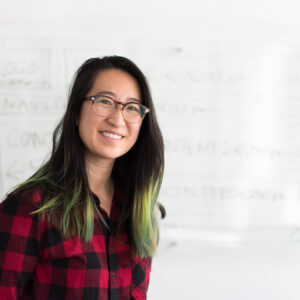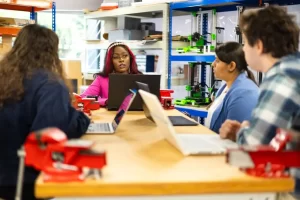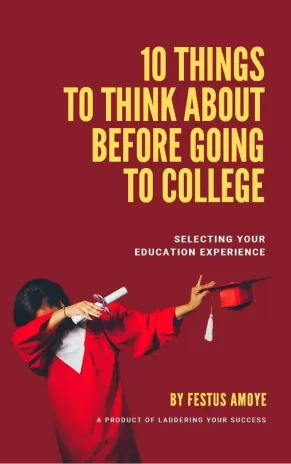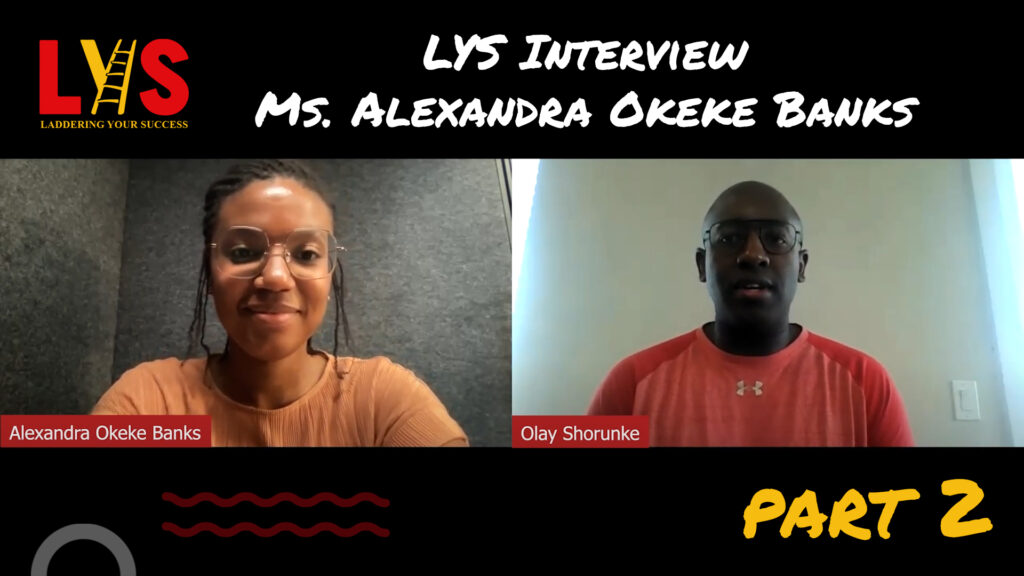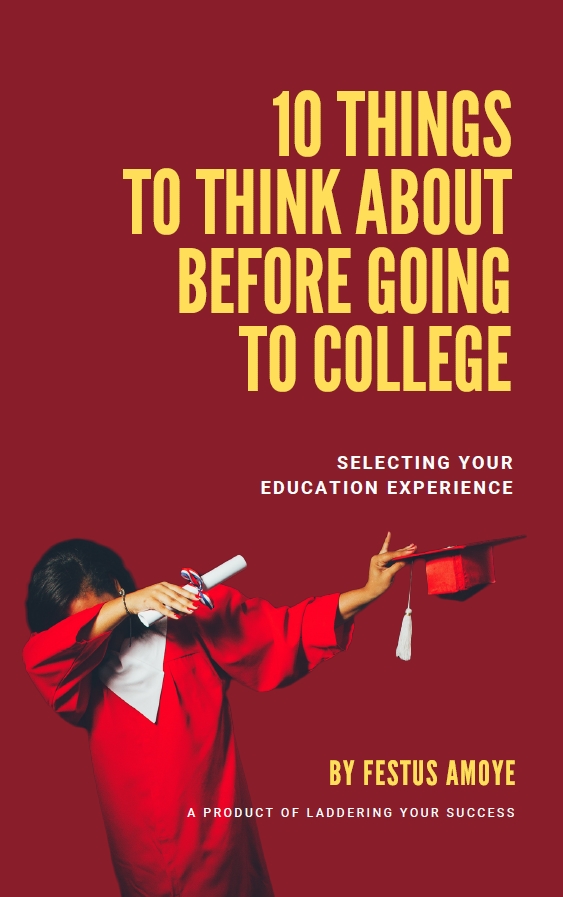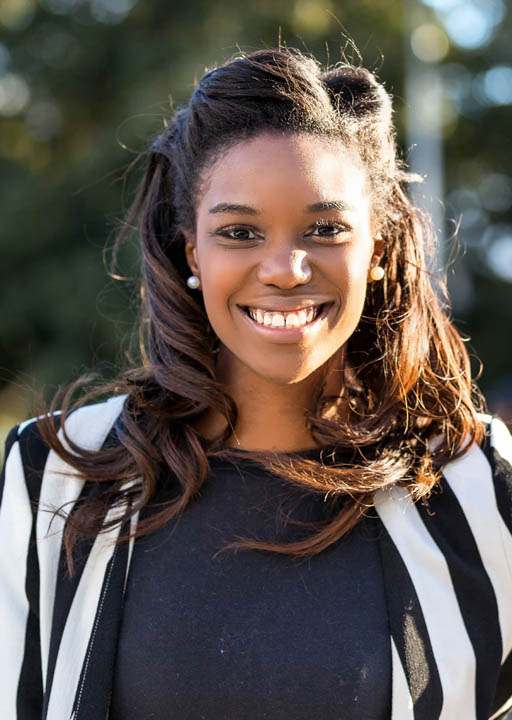Hey there, passionate educator! Mental Health has been a big issue over the last 2-3 years. So we figured why not sit down with a school counselor and ask a few questions. Laddering Your Success’ own Olayinka Shorunke had an opportunity to interview the Mrs. Alexandra Okeke Banks, a licensed school counselor! Always remember, if you want to incorporate SEL, Character, and skills into your lessons, you can use the LYS classroom app. Here is part 2 of the interview conducted by Laddering Your Success with Mrs. Banks! Follow the transcript below for the interview:
You know, the kids that are doing really well in school and academically, those kids aren’t exempt from needing that extra help. You sharing your example made me think of another one. I had a student, a 14 year old boy, very sweet, did great in school. But one of the things that I noticed was that I would walk by him, and if I brushed him, he’d like flinch empty, so scared. And I’m like, it’s okay. Like, you know, don’t worry about, he’s like, “Oh, I’m sorry.” And so, you know, come to find out, like there was a lot of abuse going on at home, but I mean, this kid was well behaved, very respectful, did great in my class. And so those times, you know, those type of kids were usually like, oh, they’re fine. You know, they’re they’re okay.
So I think just even taking notice of those little things, like you said, like wanting to be invisible or, you know, being terrified of someone actually accidentally touches them, you know, that type of thing.
Olay:
So let’s talk about data. Let’s talk about stats here. All right. Because I know in your line, you gotta look at a lot of those things because you know, data’s just a big part of our, of our culture, of our world. Right? So are there any, is there any data, are there any stats that are worrisome to you that kind of make you ponder that kind of, you know, make you go like kind of make you shriek a little when you study, and you look at kids and things that they’re dealing with the connection between school home and, and all those, uh, all those things.
Are there any data or stats that make you worry?
Yeah. So, I wish I could give you exact numbers but I know for the school district that I worked in this year in San Antonio, San Antonio ISD, there was well over 25% of the students that just didn’t show up. And so these kids didn’t log into Zoom. They didn’t come into school, and I mean, our school district provided laptops. We provided hotspots, and a lot of kids brought, you know, picked them up and never showed up. And so I think that’s one thing that was really concerning is that there’s a whole quarter or more of the population of students that just didn’t go to school this year. And so, you know, our district is trying to take [that] into consideration. Yes. You know, we had a global pandemic, this has never happened to us before, you know, um, but also trying to hold kids accountable and trying to figure out like, what do we do with these kids?
Do we hold them back?
You know, but we are not sure what their circumstances are, you know? And so I was on the team of attendance support who were going out and doing home visits and things like that. And so, some of the kids didn’t even live there anymore. You know, some of them were displaced and things like that.
So I think what was concerning for me was definitely the fact that there were just a lot of kids who just checked out. And then, even parents who weren’t really motivated to push their kids to log into school virtually, or some parents who were really trying hard and the kids were like, yeah, that’s not gonna happen. You know? Because parents still had to go to work. And so, there were parents going to work and kids that were staying home, supposed to be locking into class, and they weren’t, and the parents wouldn’t find out until 2, 3, 4 weeks later, you know, when a teacher was like, “Hey, I haven’t seen your student in a month.”
And they’re like, “What?”
You know, so I think that was concerning. I think my another concern is just the increase in like CPS, um, cases during COVID and just the amount of neglect and violence against kids has kind of skyrocketed since COVID as well. So, you know, me personally, being in a school setting, I may have had to, even in the roughest of, of districts that I’ve worked in, I’ve maybe had to call CPS maybe a handful of times and you know, the six years, six to eight years. But this year I have had to call CPS more than ever because it was, you know, if it wasn’t kids not showing up or showing up in clothes, the same clothes every day or telling me they haven’t eaten or they don’t have food at home or that their family has been abusing them or, or things like that.
I had a seven-year-old who was taking care of her three-year-old sister and one-year-old brother at home. And so, she was telling me, “Yeah, you know, I get home, my grandma drops off my brother and sister because she watches them. But she can’t,” she goes, “she doesn’t have enough energy to watch them all day and end of the night.” So she tells me, at seven years old, how she makes eggs for her brother and sister and cooks on the stove and gives them a bottle of milk and then puts them to bed and then sits down and watches a movie to relax. This is from a seven-year-old, you know, she’s in the first grade and I’m asking, “Where’s your mom?”
“Oh my mom’s at work.”
“Okay. What does she do for work?”
“Oh, she’s a dental assistant.”
“What time does she get home?”
“Oh, like 1, 2, 3 in the morning.”
I’m like what type of dental assistant is out at that time and so there was just so many situations. I think this year where there’s just been a huge increase of CPS cases and just a lot of neglected things that may have, you know, kind of been easily brushed under the rug. But now that we have COVID and COVID has really been exposing a lot of things, there’s been an increase.
Olay:
Yeah. I think you what’s, what’s better than hitting the nail on the head. It’s like all the way in, right. I mean, I know, you know, teaching from thinking from a teacher’s perspective, teachers even got more of an understanding of like, I know a lot of students, and this is why I love them. Like a lot of students look at their teachers, and they’re just like I know the teacher, but I don’t really know the teacher, you know, but it’s like, the teacher is so much more than the teachers are like so many kids.
So kind of like you said, just having to see. So things are just so much clearer. There’s so much more obvious, and it’s just like, oh my God, it’s like, it’s everywhere. What do I do? You know, it’s just, I’m just one person. So I think that’s it’s definitely something that, yeah.
Alexandra:
It seems to be a very similar story for everyone across the board. I mean, obviously details here and there are different, but yeah, it’s been a struggle this year, but I think in a lot of ways it has brought having COVID has brought a lot of things to light and not in, just in the education, you know, feel by think political, racial climate, and those things do influence our students as well. And I think it’s important to consider those things as well, you know.
Thanks for following along. If you enjoyed this interview, then we think you may like part three (Click here). If you would like to check out our other articles, please click here.
We at LYS also know the importance of education, and we aim to help you out in making sure that your students receive all the help they need to ladder their success. If you are a parent, an educator, or an administrator, the LYS Classroom App is an excellent tool for supplemental lesson planning. Do you want to try it for free? Link here!


